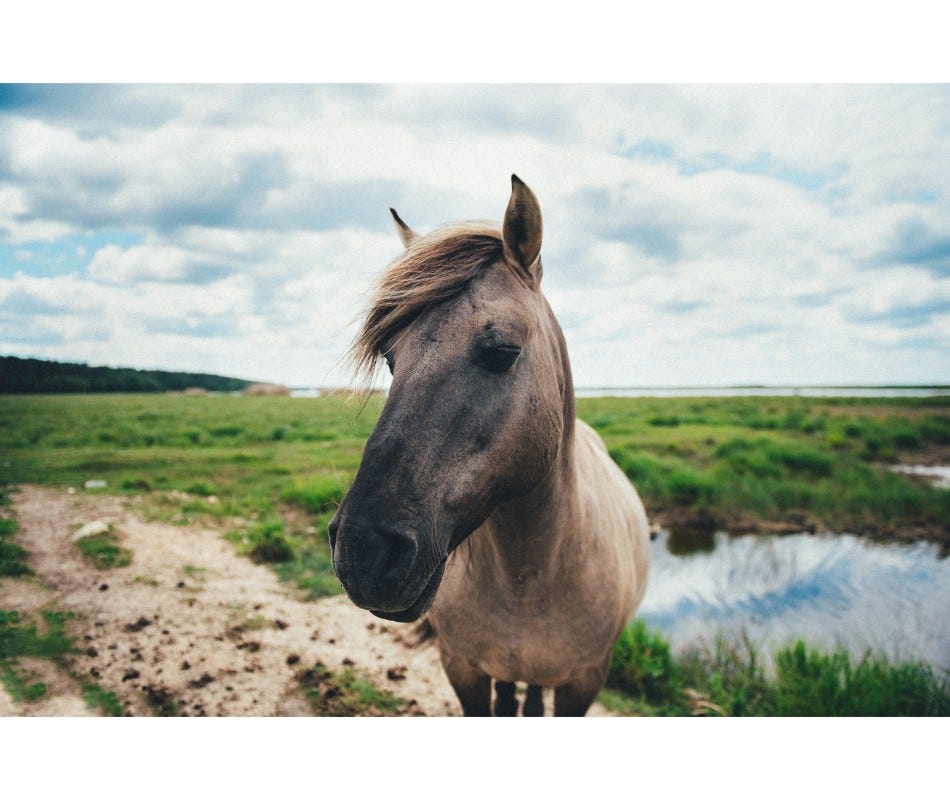We use cookies to make your experience better. To comply with the new e-Privacy directive, we need to ask for your consent to set the cookies. Learn more
Equine Summer Sores: How to Control
Summer should be a great time not only for humans but for horses as well.
Some horse owners need to deal with annoying insect pests that are found to be dominant in summer. These pests may be part of the life of horses but they are not just a nuisance; these pests can actually bring health problems to your horses.
The common fly is one of those summer pests. These flies can carry stomach worm larvae. When the larvae are deposited on abraded skin of the horse, skin lesions may result and are now commonly referred to as equine summer sores.
Equine summer sores heal faster during winter, but they can recur during summer months when climates are warm, hence they are called such. Summer sores can be intensely itchy that horses tend to scratch and bite at them, worsening the lesions. In some instances, secondary infections may result.
Topical antibiotics may not be so effective in dealing with summer sores in horses. They may respond to such treatment but lesions tend to come back. When horses bite and scratch on the lesion to relieve itching, the lesions can turn bloody and become unsightly. In this case, the focus should be directed on the causative agent – stomach worm larvae. Anthelmintic drugs are most helpful in this case.
Prevention is the key to the management of summer sores in horses. Here are a few steps you can take to control this problem:
- Deworming: The best way to prevent equine summer sores is to control stomach worms. Stomach worms thrive in the stomach of your horse and their larvae are released into the digestive tract. These larvae are passed via manure and fly larvae ingest it. Once these fly larvae mature into adult flies, they deposit stomach worm larvae onto the wounded skin of your horse, and the lifecycle continues. You can break this cycle by deworming your horse with at least two annual treatments using ivermectin for horses, AbIver™. AbIver works effectively against stomach worms and their larvae.
- Fly control: Flies serve as secondary hosts for stomach worm larvae; therefore, controlling flies is also important. To control flies, you may use topical sprays or insect repellants, or set up a perimeter trap. Fly sheets and masks to protect your horse’s ears, mouth, eyes, and etc. also work since these flies like to deposit the larvae in moist areas of the body.
- Care for your horse’s wounds: The main entry point of stomach worm larvae is through an open skin, such as cuts, wounds, and abrasions. Horses often obtain scratches and cuts in their daily routine. However, you can speed up the healing process by cleaning and dressing the wounds immediately. In addition, cleaning your horse, especially in moist areas, will also lessen chances of getting infected.









Validate your login